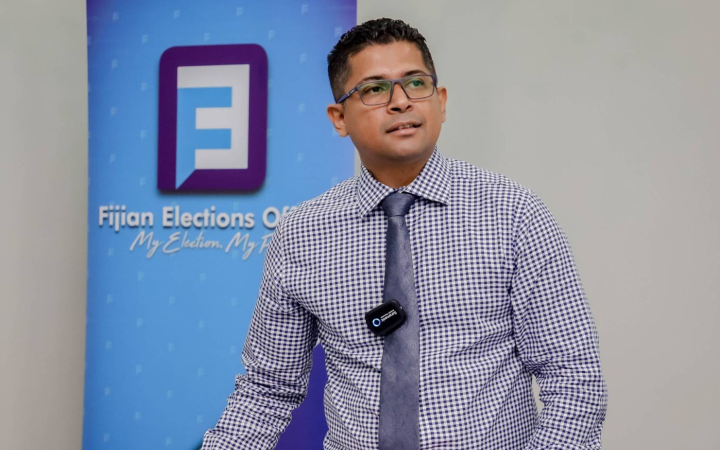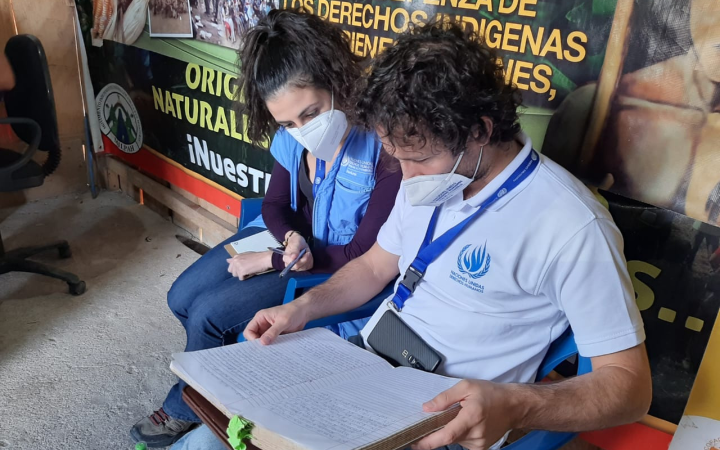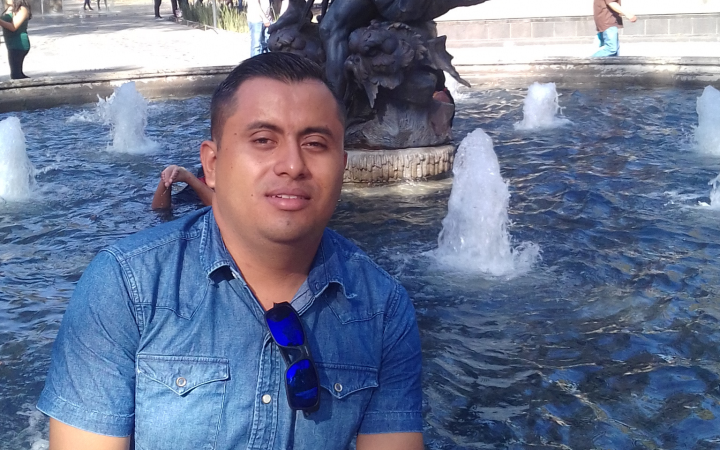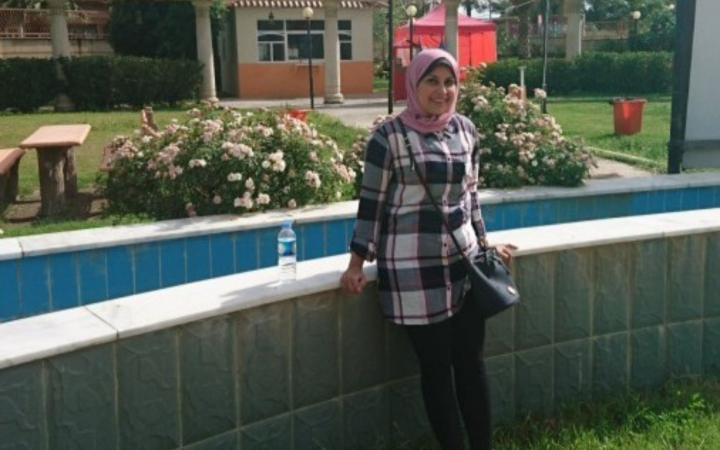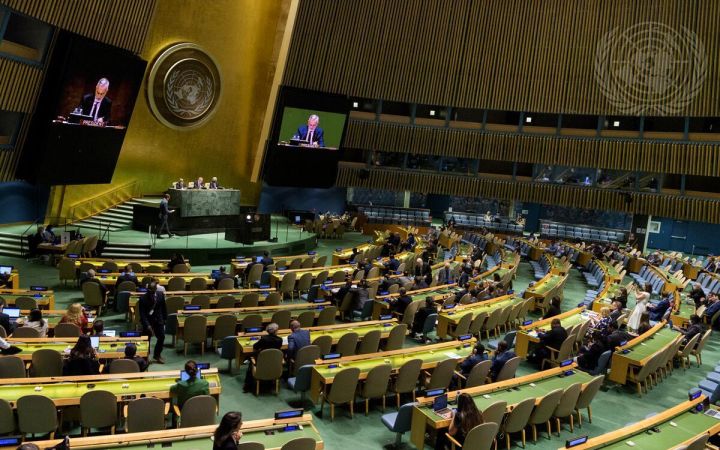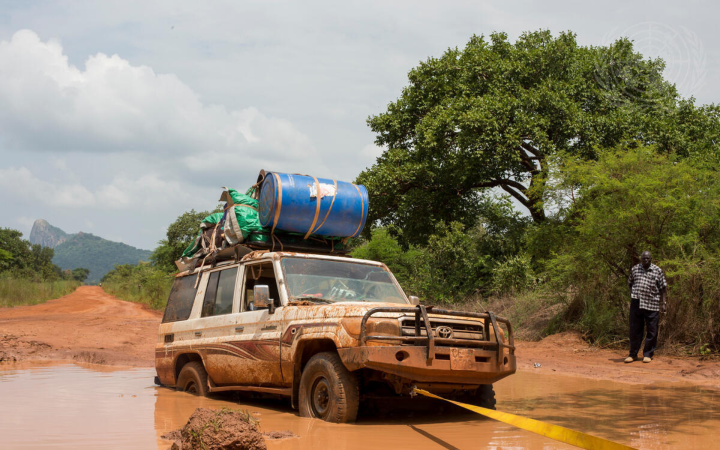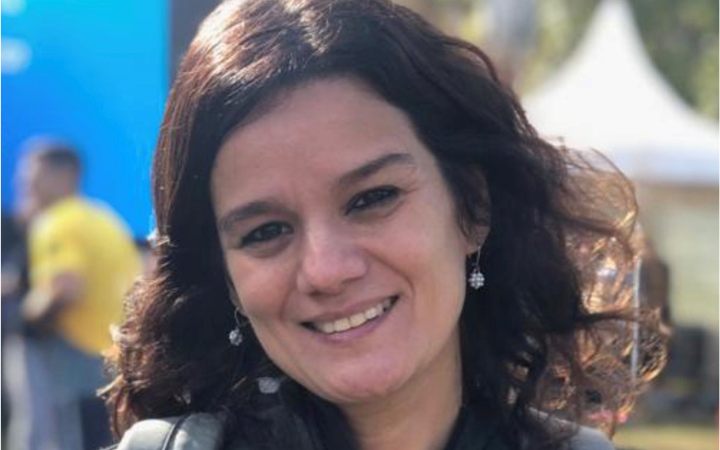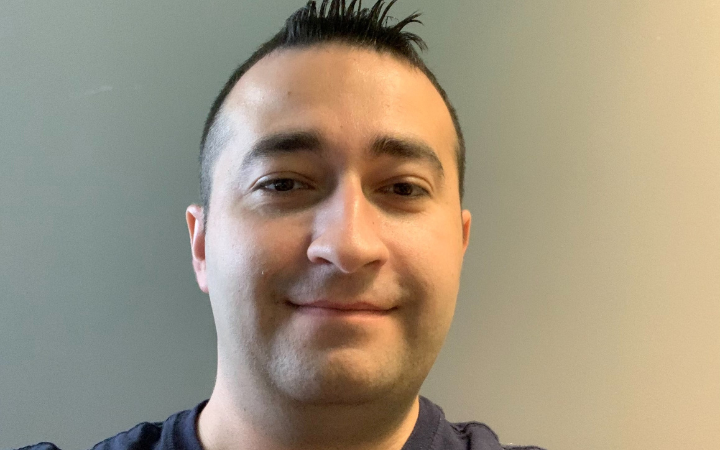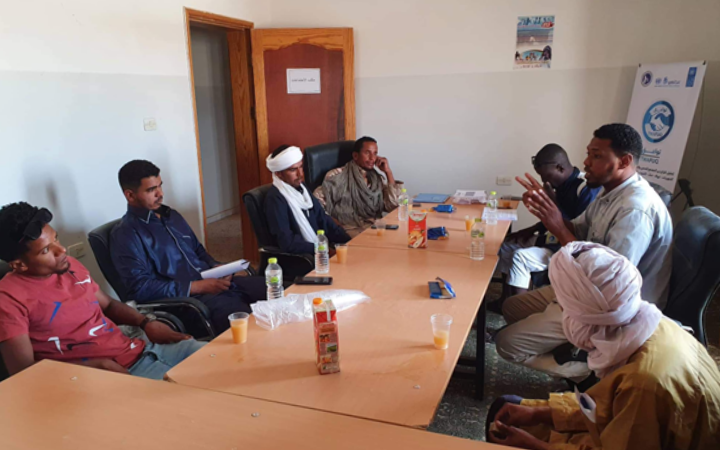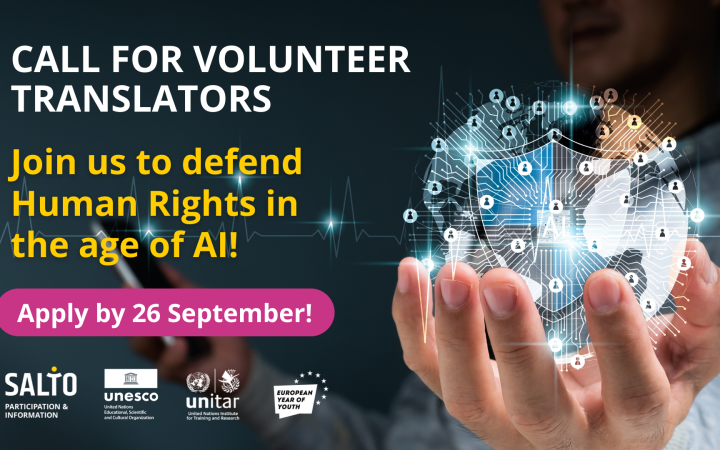Displaying 31 - 40 of 152
11 November 2022
I was thrilled to be able to write about the things that I practiced on a day-to-day basis and freely discuss the theoretical aspects without any restraints, a freedom that only academia provides us.”
11 November 2022
"When working on human rights issues it is often not easy to find mutually beneficial solutions, especially when violators may be sitting at the negotiation table. However, the ability to carry out an interest-based approach allows me to analyze situations more comprehensively and to come up with options that were not being initially considered."
11 November 2022
"It seems simple, just entering some data and calculating it, but we had to look into other aspects that play an important role in mercury emission. For instance, for some of these categories, we had to go through data on mercury importation from the last 3 years. We also had to work closely with other ministries to get an accurate assessment of these importations."
4 November 2022
“Through the discussion platform, I have got to connect with policymakers, researchers and professionals working on the agriculture sector in different countries within the MENA region.”
21 October 2022
October 2022, Hiroshima, Japan – Andaru Dhaniswara is First Secretary at the Directorate for International Security and Disarmament, Ministry of Foreign Affairs of Indonesia. In early 2022, he participated in the UNITAR Hiroshima Training Programme on Nuclear Disarmament and Non-Proliferation. Andaru found the programme incredibly rewarding. Not only was the technical content relevant to his work; he feels empowered to engage in international negotiations towards nuclear non-proliferation.
12 October 2022
"With these products, OCHA will be able to make a comparative analysis with previous years. So, if South Sudan experience floods next year, we can look back on those and see what areas were frequently affected by floods in the past and make predictions, which will help us be better prepared to respond instead of waiting until the disaster happens to make some decisions.”
26 September 2022
“I had a series of ‘awakenings’ throughout my life”, reveals Bárbara A. Smith straightaway. One of the most impactful was when she scuba dived for the very first time. “When we submerged, I discovered a myriad of colours in the corals, an unbelievable variety of fishes, sea turtles, and immense peace. It was as if I found ‘another world within ours’. I cannot put in words what it feels like to discover such an environment for the very first time, but I believe it must be a very similar experience to being in outer space.”
26 September 2022
"Even though we have traffic lights, cameras, signs and enough space for everyone, there is always an element of surprise. We can redesign things to predict those risks, but everything comes back to outreach and education. This course focuses on that."
16 September 2022
The Stabilization Facility for Libya (SFL) project aims to bridge Libya’s period of transition from an initial humanitarian relief towards mid- and long-term structural and sector-specific support after the 2011 revolution by strengthening national unity and reinforcing state authorities.
16 September 2022
October 2022, Hiroshima, Japan – Multilingualism is especially relevant for the United Nations and our partners as we work to bring course content to communities across the globe. The languages used determines which communities have access to knowledge. With that in mind, efforts to expand the languages available for online course content are under way, with the help of multilingual youth.


